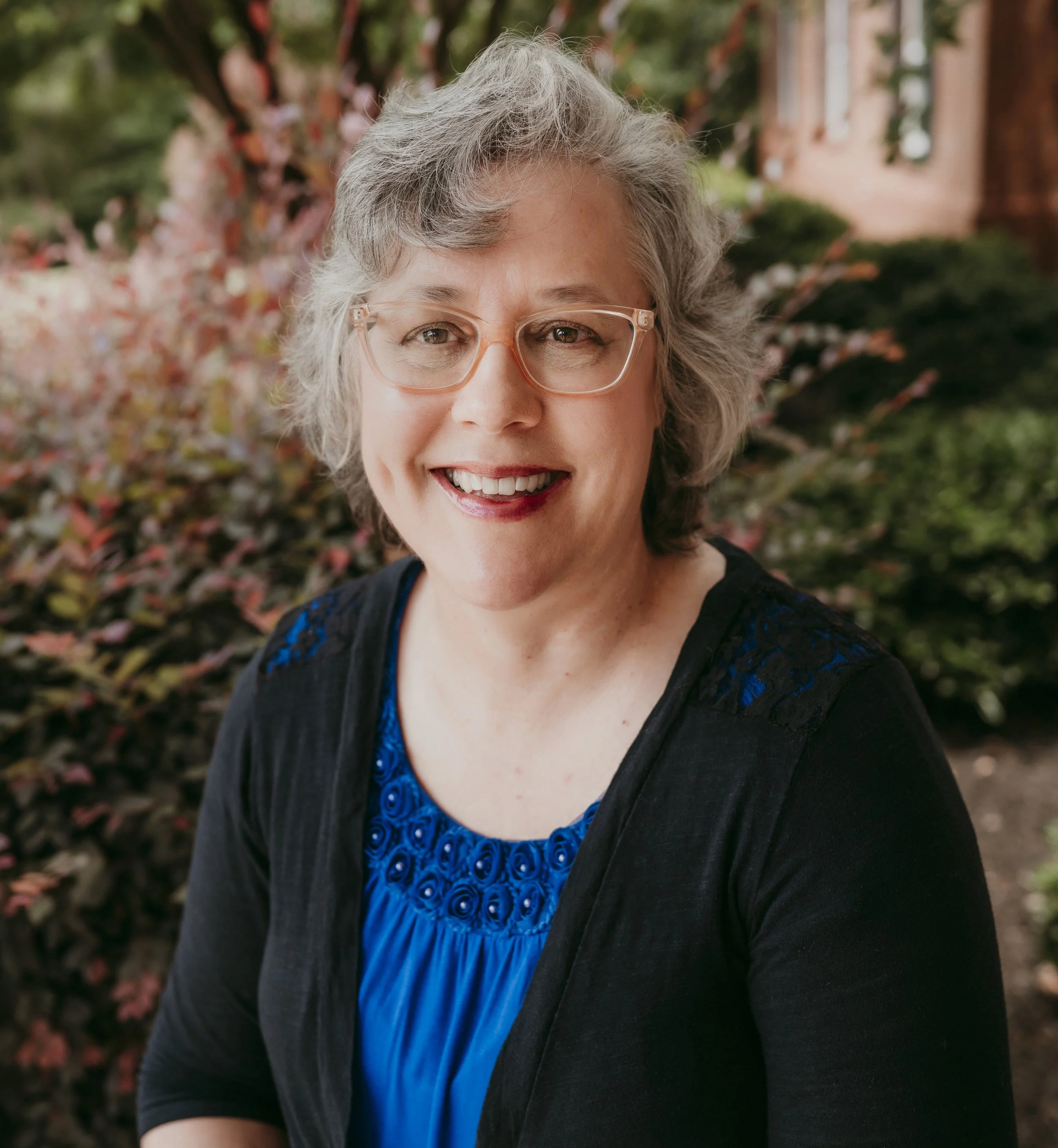Self-Care Insights
Continuing our series on self-care, we reached out to several Valeo care providers to ask for their advice and experiences about self-care, particularly while serving in a cross-cultural context.
What has self-care looked like for you while serving cross-culturally? What have you learned about self-care in general from living in cross-cultural contexts?
Jon, LPC-A
Growing up overseas, one of the biggest self-care rhythms that my family implemented was family traditions. We had weekly pizza nights and would watch a movie. Other nights throughout the week, we would play board and card games. My parents also planned a trip every couple of months to just leave the house and find a hotel with a pool to go swimming and spend the weekend relaxing. We also observed a lot of family holiday traditions. Around Christmas time, we would bake sugar cookies using my grandma's special recipe, and we had Christmas traditions for Christmas eve and Christmas day. It helped to have something to look forward to every year. My mom also took the time and space to be creative with our house and decorate for each season and holiday. That was her emotional self-care. It gave her something to look forward to in different seasons, and there was a consistency that ministry and relationships in Africa often lacked.
I also saw that team relationships were very important for relational self-care. I had a few friends that I was close to on the team and shared most of my life with, but I didn't share that depth with everyone. My parents were the same way. Many of the years that we were overseas, there was a very large global worker community, but my parents chose a few team members to invest in on a deeper level and were intentional with those people. Some of it was trial and error, but they made an effort to develop a few deep, nuanced, supportive relationships they could depend on.
One of the biggest things that I have learned from my clients is that it helps to be creative when thinking of ways to practice self-care rhythms. Sometimes you have to think outside the box to get your needs met. One of the biggest things is making sure that there is space for self-care to happen. Time management and prioritizing have been the themes of implementing positive self-care rhythms.
The other part that has helped is to make the rhythms specific with measurable quantities so that there is a way to gauge progress or to see the creation of something. Often I have gotten feedback that global workers can't see any change, so they are not motivated to continue. I encourage them to do something that allows them to see progress, e.g. activities like weight lifting, journaling, puzzling, painting, etc. There is something cathartic about being able to see progress from your efforts, and there can be something fulfilling in seeing it on a literal scale.
Erica, LCSW
Healthy self-care involves having a supportive group of people around you. Everyone needs to have a few people that I call your "3:00 a.m. friends." These are people that you wouldn't hesitate to call at 3:00 a.m. if you needed help, and they are the kind of people that would ask, "Where are you and what do you need me to do?"
Healthy self-care involves a hobby. You need to have an activity to do to stop your mind from ruminating. It is an activity that recharges you. You don't have to be an expert at it, but it needs to be something you enjoy doing. It could be painting, playing an instrument, running, or story writing. Find something that helps you leave the stress of your work behind for a while.
Sometimes I would plan an activity that would help me feel like I was stepping out of the culture for a few hours. For example, swimming at a Western hotel, skiing at a Western-style ski resort, or eating at a Tex-Mex restaurant with American friends.
Global workers need to realize that we cannot be the help we need to be to those around us if we are not mentally healthy. If we think about the announcement on airplanes about taking the oxygen mask when it falls from the ceiling in an emergency, what do they say to do first? Assist others first before placing the mask on your face? No, they say to give yourself oxygen first. How can you help others find the exit if you are unconscious on the floor? If this were to happen, you would become a crisis, not a help to those around you. So, remember this analogy when you consider the importance of your self-care.
Barney, Psychiatrist and Valeo co-founder
Barney Davis, M.D.
The things I find historically that tend to be automatic omissions for global workers are time with the Lord and time with self. People get so consumed with the work that they've neglected the self-care, the time for Sabbath rest, etc. I don't say that with judgment; it's a problem for me, too. But the rewards of seeing something happen right then are so precious that making time for the preventive stuff is just harder to do when you're already kind of depleted and are looking desperately for some immediate affirmation that "What I'm doing here is working." So people start leaving pieces of their self-care behind. That's fairly universal, not specific to global workers, but it is harder to do life in other places.
We are grateful to Jon, Erica, and Barney for sharing their insights. If something you read strikes a chord, why not take a closer look? Perhaps you struggle with Self-Care. Begin your journey towards the care you deserve. Why not Start Now!




